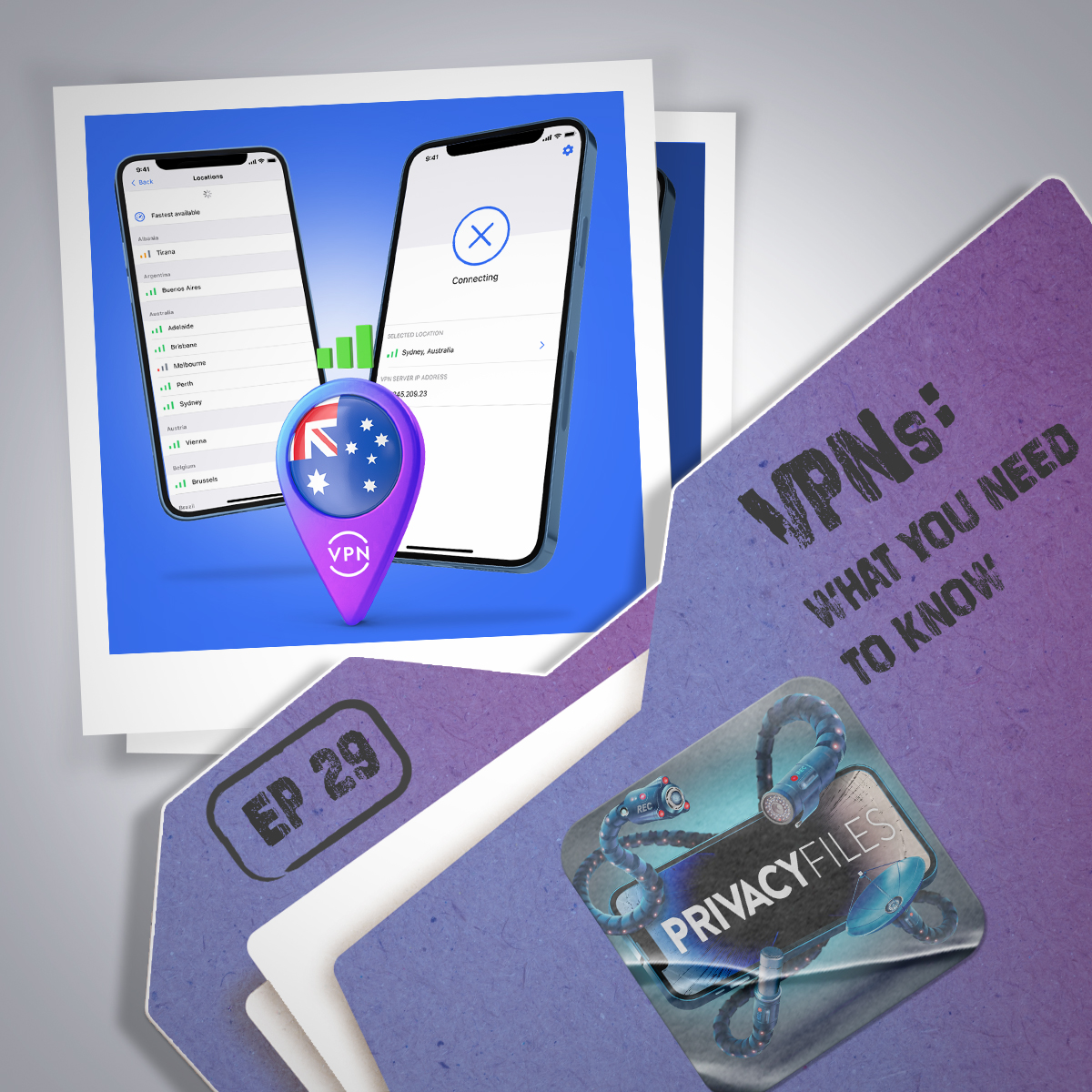The Virtual Private Network (VPN) business is hot. What was once the domain of the corporate world is now a ubiquitous phenomenon. Today there are 1.5 billion VPN users worldwide–making this a nearly $50 billion global market.
In this episode of Privacy Files, we take a hard look at the world of VPNs. What’s driving the growth in VPN adoption? Who’s using VPNs, for what and why? Are all VPNs the same? What about free VPN services? Are all VPNs truly private?
93% of organizations employ a VPN but still less than 40% of Americans say they use one.
Of all global internet users, 31% report using a VPN.
While significant VPN growth is still expected in the United States, other high-growth markets include China, Canada, Germany and Japan.
Most concerning is that 47% of personal VPN users use a free VPN service. This is problematic for a variety of reasons:
• 60% of free VPN users encounter problems with their connections including slow internet speed, numerous or buggy ads, and streaming issues.
• 86% of free iOS and Android VPN apps have unacceptable privacy policies, ranging from a simple lack of transparency to explicitly sharing user data with Chinese authorities.
• 64% of free VPN app offerings had no web presence outside of their app store pages, and only 17% responded to customer support emails.
• 38% of free Android VPNs contain malware.
• In a November 2021 study, just 15% of free VPN apps respected iOS users’ choices when they declined voluntary ad tracking.
• Some free VPNs have been known to sell your bandwidth, potentially putting you on the legal hook for whatever they do with it.
Overall, the takeaway is that not all VPNs are the same. Features vary widely. It is highly recommended that you stay far away from free VPN services. Paying for a quality VPN service will give you peace of mind and help you avoid potential headaches later that could cost you many times more than the service itself.
To close out the episode we talk about Anonyome Labs’ launch of its own VPN service, MySudo VPN. It’s one of only two VPN services that doesn’t require personally identifiable information (PII) to sign up. No email address. No phone number. No passwords. Another benefit is that MySudo VPN is compatible with MySudo, the world’s only all-in-one privacy app.
The VPN space is a fascinating one and this episode is a great overview of where VPN technology is today.
Links Referenced:
https://explodingtopics.com/blog/vpn-stats
https://nordvpn.com/blog/vpn-for-china/
https://www.cnet.com/tech/services-and-software/best-free-vpn/
https://www.top10vpn.com/research/free-vpn-investigations/ownership/
https://cdn-resprivacy.pressidium.com/wp-content/uploads/2019/01/paper-1.pdf
https://cdt.org/wp-content/uploads/2017/08/FTC-CDT-VPN-complaint-8-7-17.pdf
https://www.top10vpn.com/research/free-vpn-investigations/ios-request-to-track/
https://www.cnet.com/tech/services-and-software/not-all-vpns-care-about-your-privacy/
https://www.cnet.com/news/privacy/its-not-that-hard-to-unmask-real-people-in-anonymous-data-researchers-warn/
https://www.cnet.com/tech/services-and-software/3-companies-control-many-big-name-vpns-what-you-need-to-know/
https://www.vpnmentor.com/blog/companies-secretly-own-dozens-vpns/






